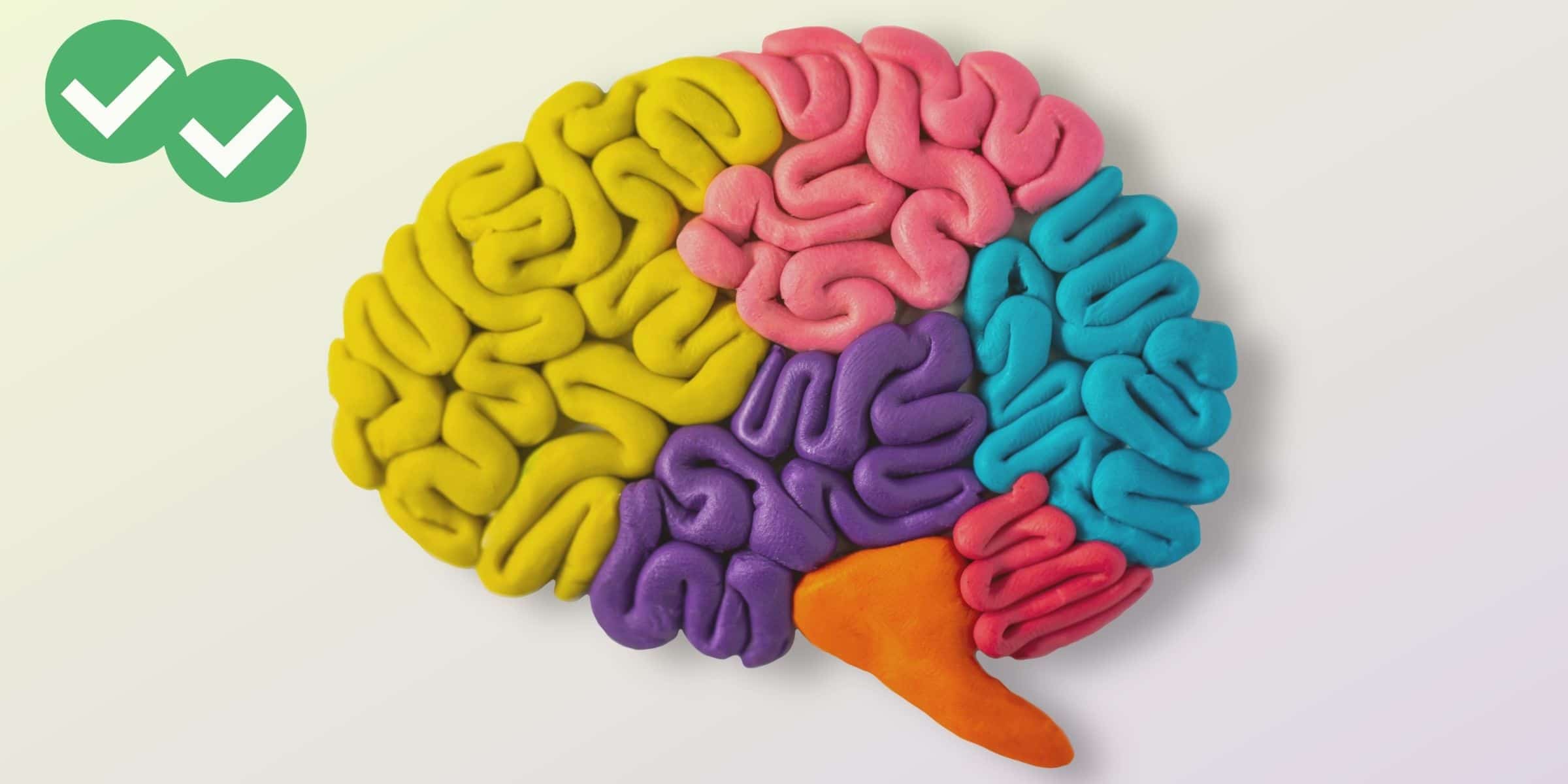As you prepare for the TOEFL, it’s easy to be overwhelmed by a seemingly infinite pile of flashcards. Not only is this no fun, but it’s not the most effective way to learn. It’s way easier to learn something new if you can relate it to things you already know, so let’s apply this rule to vocabulary-building. Here are some tips to help you learn new words and use them appropriately.
Use mnemonics
Mnemonic devices help you remember lots of information by making pictures or stories that connect the new information with other information that is easier to remember. For example, let’s take the word “abridge.” Imagine going on a long trip on foot. If you reach a river, you probably can’t cross immediately. You will have to go out of your way until you find a place where it’s safe to cross, which may be very far away. But if there’s a bridge, your trip will be much shorter. And the word “abridge,” conveniently, means to shorten.
Draw a picture
If you’re an artist, you probably already do this. But we non-artistic types should not overlook the benefits of learning vocabulary through drawing pictures. As when using mnemonics, drawing pictures will force you to think of concrete, visual connections for abstract words and ideas, which will aid your memory. Plus, if drawing is hard for you, then you will spend more time on each picture, which means more time thinking about each word. When you’re finished (don’t forget to color!), you can put the pictures in a prominent place where you will be tempted to look at them frequently. Even though you won’t be doing any “real” studying, you will be reviewing your words several times each day. This is particularly good if you a few words that just won’t stick in your brain with other study methods.
Read!
Try to read a little every day from sources that weren’t written specifically for test preparation. It may be overwhelming to try to tackle a whole book every week or to read every article of the New Yorker, so maybe you should just shoot for a paragraph every day. Remember, the goal is quality, not quantity. Find a (non-fiction) book on a topic that interests you or, failing that, read a short news article each day. Be sure not to be confined to one discipline—if you read about geography one day, the next you can read something about culture, and the next economics or business. For an extra gold star, switch up the purposes of the writing; reading not only expositions, but also critiques and opinion articles will make the writing section that much easier to ace.
Pay attention
All this reading and drawing you do can only do so much if you don’t have vocabulary to work with. So as you’re out and about, reading, or surfing the Web, pay extra attention to any new words you encounter. Keep a notepad or just a piece of paper in your wallet so you can pull it out and write down words to look up later. I know this sounds onerous, but soon it will become second-nature. Aim for at least 5-10 new words each week. You’ll be surprised by how many unfamiliar words you overlook every day!
With these tips, you’ll soon be expanding your vocabulary by leaps and bounds painlessly. How do you learn new words? Share your study tips in the comments!





